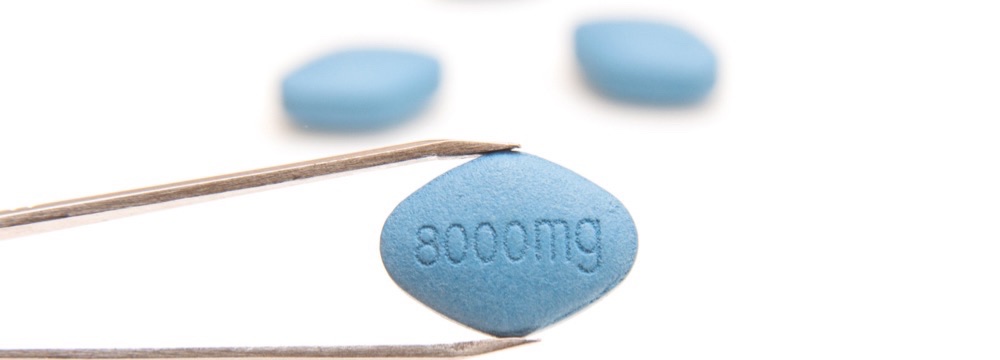
We don’t often associate ED or Erectile Dysfunction with cardiovascular disease and heart problems. However, while there are several potential causes of ED, the one that we as cardiologists are most concerned with is, you guessed it, cardiovascular disease. While they may seem unrelated, there is a common thread. For a man to achieve an erection, blood must flow into the penis efficiently. There are many reasons why this may not happen; however, if the blood flow issue results from partially blocked blood vessels, it may be indicative of a more significant cardiovascular problem. In fact, it is estimated that over 50% of men suffering from ED may have atherosclerosis to blame, at least in part.

Cardiotoxicity is a term used to describe damage to the heart caused by specific cancer treatments. It is essential to discuss cardiotoxicity with your cardiologist if you have cancer treatment because some radiation and chemotherapy have adverse effects on the heart. By coordinating your care with your oncologist and your cardiologist, you can minimize the risk of heart problems due to your cancer treatment.
You may be wondering how common cardiotoxicity is. After all, you may have known patients undergoing chemotherapy and radiation but never having any heart problems. The fact is that cardiotoxicity is relatively rare. However, the effects of cardiotoxicity may not be apparent during or immediately after your cancer treatment. Some patients develop symptomatic cardiotoxicity years after their treatment. In some cases, cardiotoxicity reduces the ability of your heart to pump blood around your body; however, in severe cases, it can lead to heart failure.




